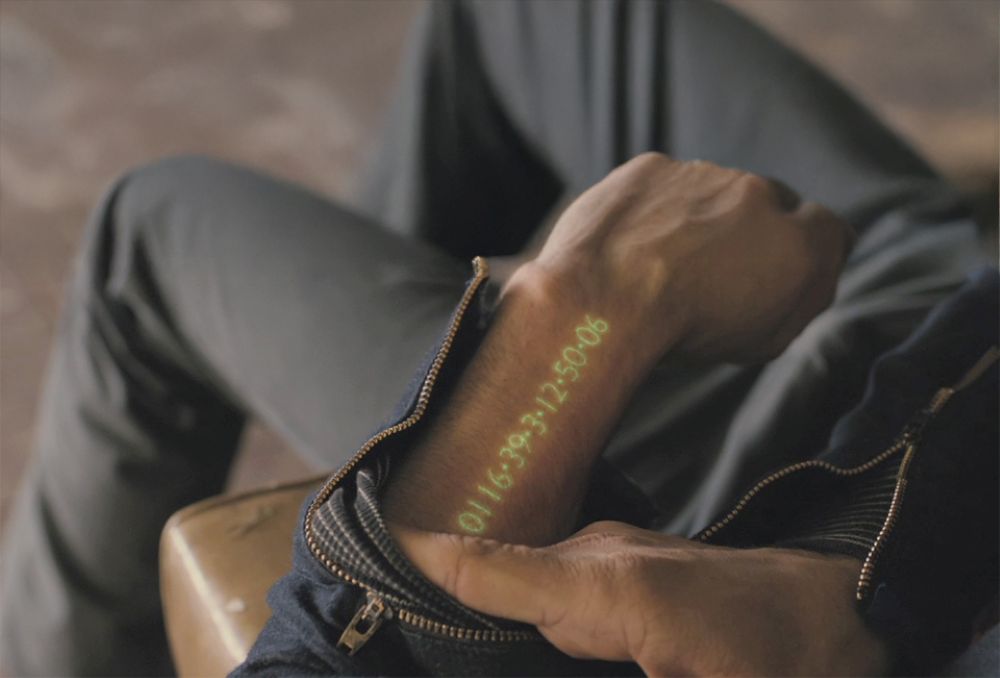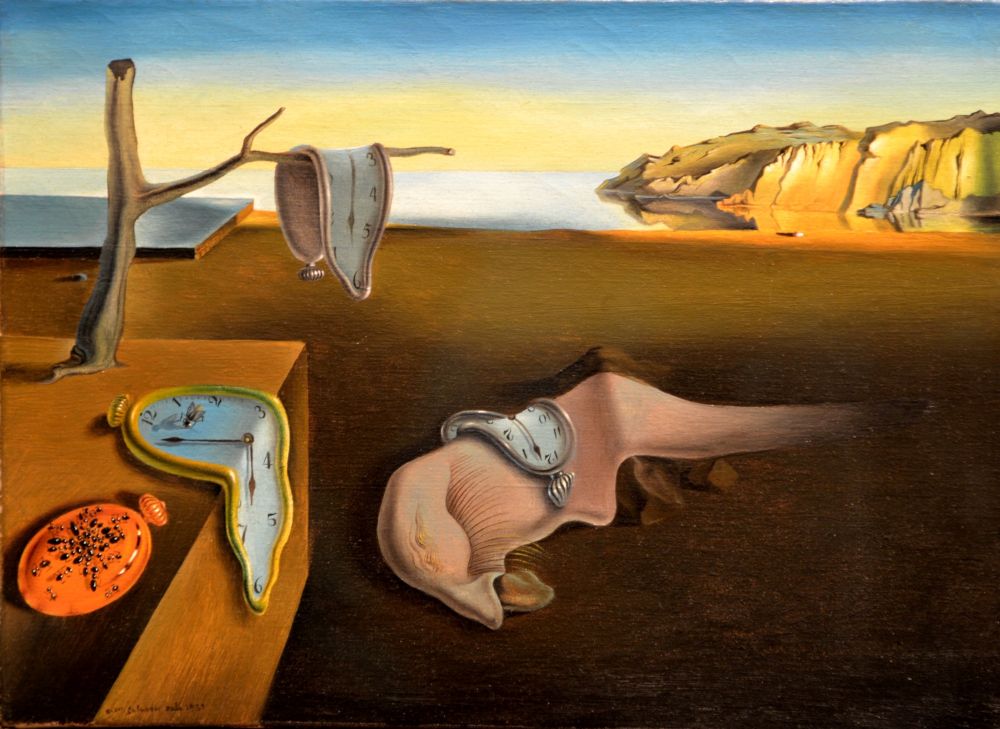Menu
close

The human mind remains one of the greatest mysteries for scientists. Although we are beginning to understand many aspects of its functioning, concepts such as consciousness or its effects on our health are still far from being fully understood.
An innovative study conducted by psychologists at Harvard University revealed that the way we perceive the passage of time can directly affect the speed of healing of our physical wounds. This finding, published in Nature Scientific Reports, challenges traditional notions about the mind-body connection.

In the study, minor wounds were inflicted on a group of healthy volunteers, and their perception of time was manipulated using modified clocks. Participants were divided into three groups: one that perceived time as slower, another that perceived it as normal, and a third that perceived it as faster. Surprisingly, the results showed that those with a faster perception of time experienced significantly faster healing compared to those who perceived time as slower, even though the actual time elapsed was the same in all cases. Thus, physical healing was directly influenced by each subject's psychological experience of time, regardless of the real elapsed time.
Although the influence of the mind on health is usually framed within the field of emotions—such as the effect stress has on inflammation and immune function, how chronic pain affects mental health, or the placebo effect of certain medications—this finding underscores the connection between mind and body, suggesting that our subjective perception of time can influence physiological processes such as wound healing. Researchers believe these findings open the door to new studies that consider how psychological factors (or abstract elements like time) directly affect physical health.

Research like this, on wound healing, is particularly relevant in the context of tattooing, where there is skin injury followed by a repair process—the so-called tattoo healing process, which occurs in multiple phases.
At Sedalux, where we have extensive experience in tattoo anesthesia, we have observed that all our projects show an accelerated healing process, with scab formation occurring around day 4, peeling completed before day 10, and full healing not exceeding 2 weeks. These times—significantly shorter than expected for a traditional tattoo—are likely linked to all the therapeutic maneuvers and pain prevention and control strategies (Preemptive & Preventive Analgesia) that we apply in a protocolized manner during the pre-procedure phase, which help us:
But if Harvard researchers believe that the perception of time influences wound healing speed, what if tattoo sedation itself, which alters the state of consciousness and modifies our perception of the passage of time, is an additional factor responsible for the beneficial accelerated healing process experienced by all our patients?
New lines of research into the mind-body connection are opening up before our eyes.